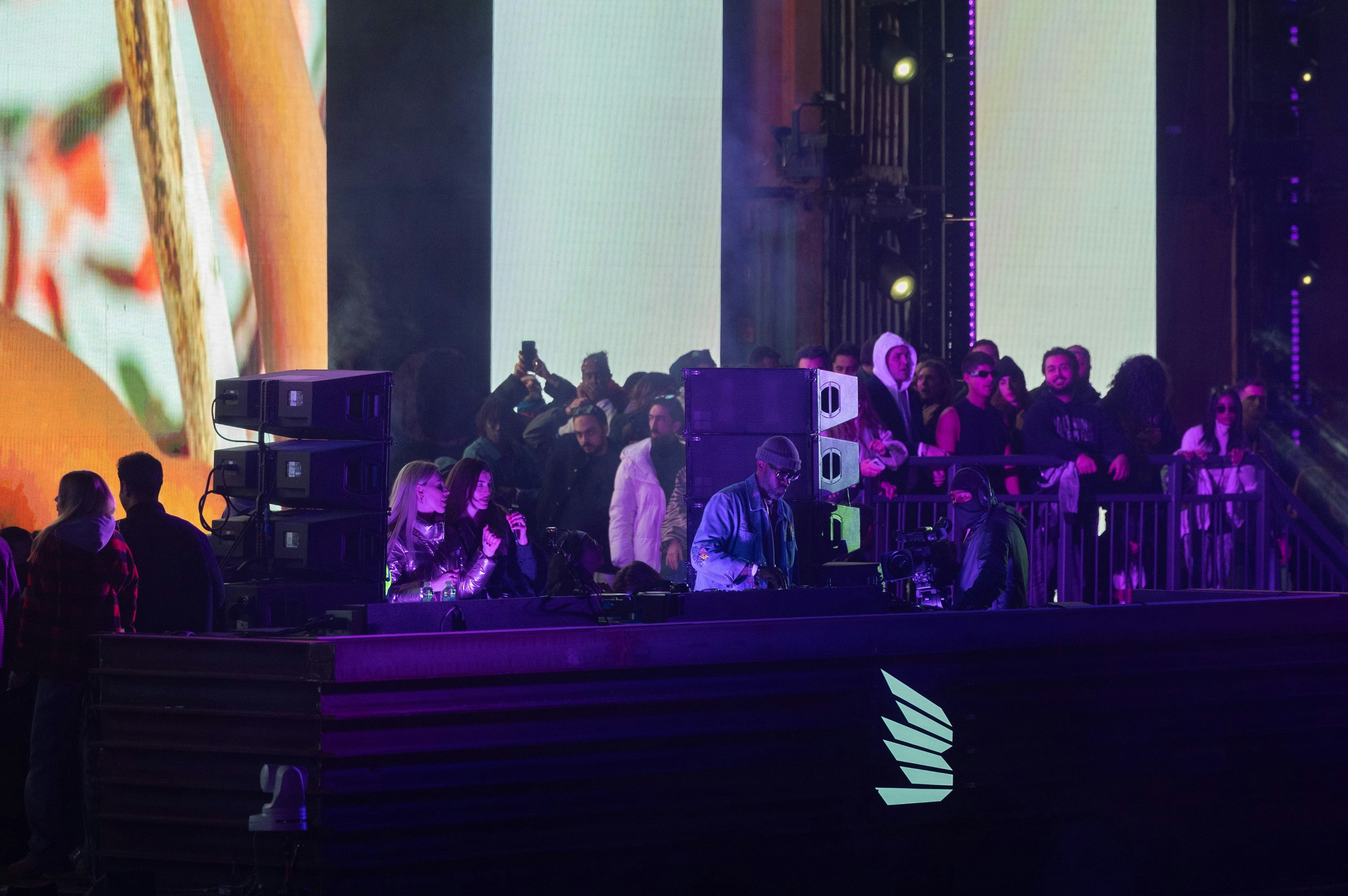

The History of African Music: A Harmonious Journey Through Time
By MDLBEAST
April 18 2024
The History of African Music: A Harmonious Journey Through Time
By MDLBEAST
April 18 2024
Africa is well-known for its many cultures and beautiful landscapes. The music in Africa is like a special treasure, full of stories and traditions. It's not just for fun – music helps people talk to each other, tell stories, and build a sense of togetherness. We're going to explore African music, from old times in places like Mali and Ghana to the cool music we hear today. African music is renowned for the use of special instruments like the kora, djembe, and mbira, showing how clever African musicians are in making sounds with things they find around them.
African music has always been connected to important events like religious ceremonies and celebrations, relying on drums, dances, and singing to make these moments special. We'll also learn about how factors like the slave trade and colonization affected African music, bringing in new influences. This mix of African rhythms with music from other parts of the world created different styles like Afrobeat and Jazz. So, let's go on a journey through time, discovering the stories behind the melodies, rhythms, and harmonies of African music and celebrating its long-lasting impact on the world.
Ancient African Music
The origins of African music can be traced back to ancient civilizations such as Egypt and Nubia. In these societies, music served not only as a form of expression but also played a crucial role in religious rituals and ceremonies. The rhythmic beats of drums, percussion instruments, and soul-stirring vocalizations formed the foundation of early Afro-music. Traditional instruments like the kora, mbira, and balafon also found their place in these ancient musical landscapes, each carrying a unique cultural significance.
Tribal and Ethnic Music
The diversity of Africa is reflected in its myriad tribal and ethnic groups, each contributing distinct musical styles to the continent's cultural tapestry. Music in these communities is deeply intertwined with daily life, rituals, and ceremonies. Call-and-response patterns, polyrhythms, and improvisation characterize tribal music, creating a dynamic and engaging auditory experience.
An Influencing Genre
Africans brought their cultural expressions to the Americas. Elements of African musical traditions influenced the development of genres such as blues, jazz, and Afro-Caribbean music. The rhythmic complexity and emotional depth inherent in African music became integral components of these new and evolving genres.
Colonial Influence
The era of European colonization marked a period of significant change in African music. The fusion of African rhythms with Western musical elements occurred, giving rise to unique and evolving styles. This amalgamation laid the groundwork for the emergence of new musical genres that incorporated both African and European traditions.
Post-Colonial Era
As African nations fought against colonialism and apartheid, music played a crucial role in expressing resistance and fostering unity. The rise of African popular music, including highlife and juju, showcased the continent's cultural resilience. African musicians began to make a mark on the global stage, contributing to the diversity of the world's musical landscape.
Contemporary African Music
In the present day, Africa's music scene is a vibrant tapestry, with artists blending traditional and modern elements. Genres like Afro beats, Afro-pop, and hip-hop have gained global acclaim, transcending borders, and captivating audiences worldwide. African artists continue to shape the narrative of contemporary music, infusing it with their unique perspectives and experiences.
Challenges and Preservation
Despite the richness of African musical traditions, globalization and modernization pose challenges to their preservation. Efforts to safeguard and promote traditional African music and instruments are underway, with initiatives aimed at passing on these cultural treasures to future generations. The importance of maintaining the authenticity and diversity of African music is crucial in preserving the continent's cultural heritage.
Immerse Yourself in African Rhythms
Embark on a lively journey into the heart of African music with exciting experiences. Feel the energy of African rhythms at live concerts where traditional and modern instruments create a rich musical tapestry. Learn about African music in hands-on workshops, exploring the beats and instruments. Join in the celebration of Africa's diverse music at cultural events like festivals. Experience Africa through virtual reality or explore online platforms with documentaries and interviews, offering a digital entry to the enchanting world of African music.
African music is a captivating journey through time, reflecting the resilience, diversity, and creativity of the continent's people. From ancient civilizations to the contemporary global stage, the influence of African music is undeniable. As we celebrate this rich heritage, it is essential to recognize the challenges faced by traditional African music and actively participate in its preservation. Let us appreciate and explore the harmonious melodies that continue to emanate from the heart of Africa, enriching the world's musical tapestry.
Stay tuned for more fun on the MDLBEAST website! Get the inside scoop, discover who the artists are, and catch the latest updates about Soundstorm, MENA’s best music festival. Feel the excitement with us as the beats go beyond words, taking you right to the heart of the global music scene.
Share this


